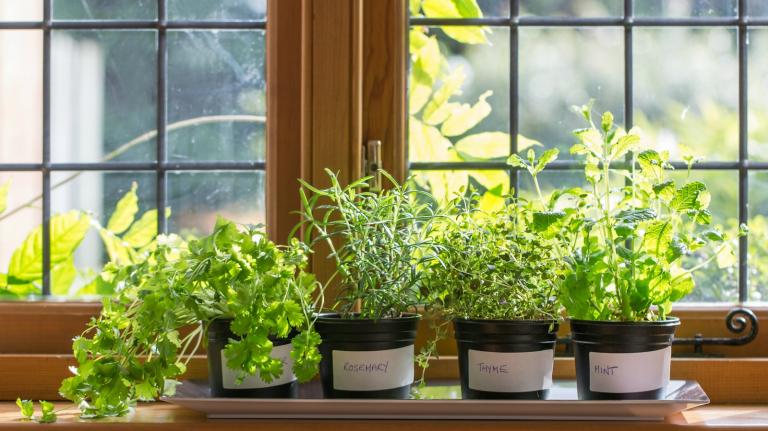Q. Dear Umbra,
As of this past summer, Vermont requires all public buildings to have recycling containers. At first thought, that’s awesome! On second thought, the last time I ate Chinese food at a mall food court out of a recyclable plastic container, there was nowhere for me to rinse the sticky General Tso’s off my plate. Will the inevitable dumping of unrinsed recyclables cause loads of recycling to go straight to the landfill? And on that note, any suggestion on how to rinse out soap and detergent bottles at home without using a gazillion gallons of water?
Kae C.
Waterbury, Vt.
A. Dearest Kae,
Ooh, “the inevitable dumping of unrinsed recyclables” has such an ominous ring to it. For purposes of this column and my own amusement, I have decided that you are a mystery writer. Your primary research occurs in the mall food court. And General Tso is your prime suspect — after all, he was always a sticky one.
Like unraveling the plot of any mystery, recycling does require a bit of effort on our part. We can’t just throw our dirty recyclables willy-nilly into the bin and expect the recycling plant to take care of everything — that might be fun at first, but eventually the plant will feel resentful and dissatisfied. Public recycling bins are an important piece of the puzzle, but what you and I put in those bins is just as critical to a successful recycling program.
Along with making sure the item you’re trying to recycle is actually recyclable, cleaning out food-splattered items is one of the biggest ways we can do our part. The cleaner the goods, the more valuable they are to the recyclers who turn our castoffs into new items. If you don’t properly clean out your takeout container, the leftover General Tso’s might glop all over pristine paper or cardboard (in a commingled or single-stream recycling system), rendering it pretty much worthless — and yes, sending it to the landfill. Another reason to clean your recyclables as best you can is simple yuckiness. Recyclables might sit around for weeks before they make it to a materials recovery facility for sorting, and if they’re covered with bits of food, the employees there will have to deal with a moldy, bacteria-ridden, just plain gross situation. Plus: rats.
The best way for all of my dearest readers to find out exactly how clean your recyclables need to be, of course, is to consult your municipality or recycling company; guidelines do vary from place to place. As for you, Kae, I posed your question to Aaron Shepard, outreach/education and recycling/composting coordinator for the Northwest Vermont Solid Waste Management District. He shared this highly practical advice for you and your fellow diners: “Ideally, get [the item] as clean as possible. Knock the food out or wipe it with a napkin. It doesn’t need to be clean enough to eat out of again, but it should be relatively clean.”
I think “relatively clean” seems like an attainable goal, but you could always take your container home for a proper rinsing. An even simpler solution might be just down the road, when Vermont implements the composting parts of Act 148, your Universal Recycling Law. Out here in Seattle, restaurants saw contamination and sorting problems plummet when they switched to compostable containers — that way, customers can simply toss food and container together into the bin bound for the municipal composting facility.
As to your question about rinsing out detergent (or shampoo, or soap) bottles: Shepard has your back on that one too. “When you get down to the bottom of a bottle, add water and keep using the diluted stuff,” he says. “It certainly works, and it’s thrifty, too.” When you finally exhaust the supply, deep-six any lingering hints of soap by adding a little water, capping the bottle, and shaking well. As long as you’re prudent, you needn’t worry too much about the extra water you use to rinse things out — it’s a lot less than the gazillions of gallons it takes to produce virgin plastic, glass, and metal in the first place.
There — does your recycling conscience feel cleansed? Now let’s go see who’s in the conservatory with the candlestick.
Unadulteratedly,
Umbra



